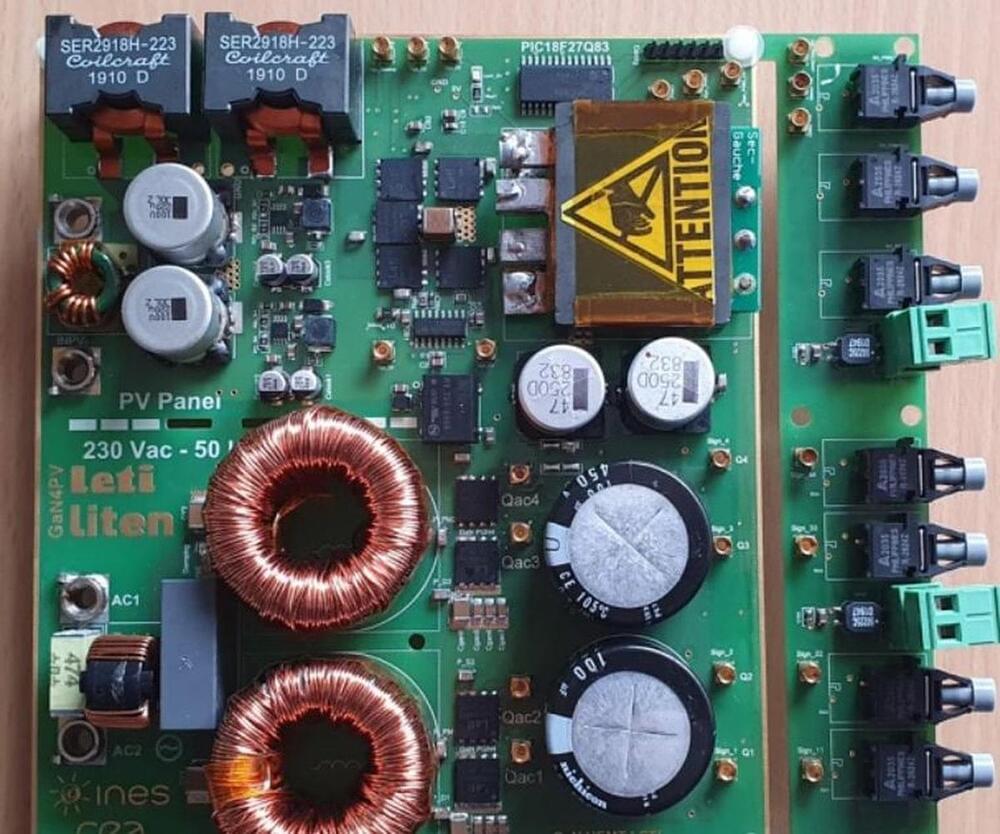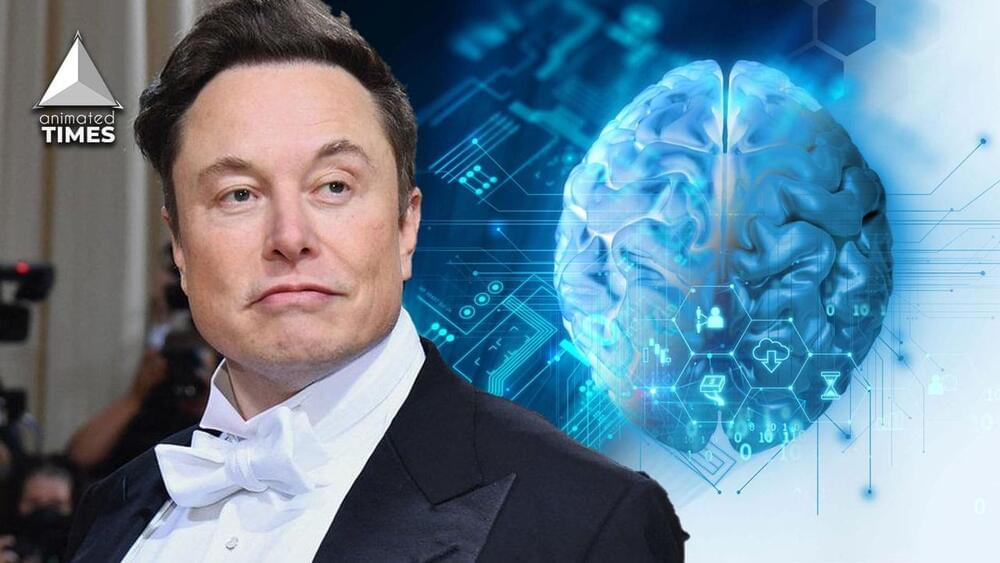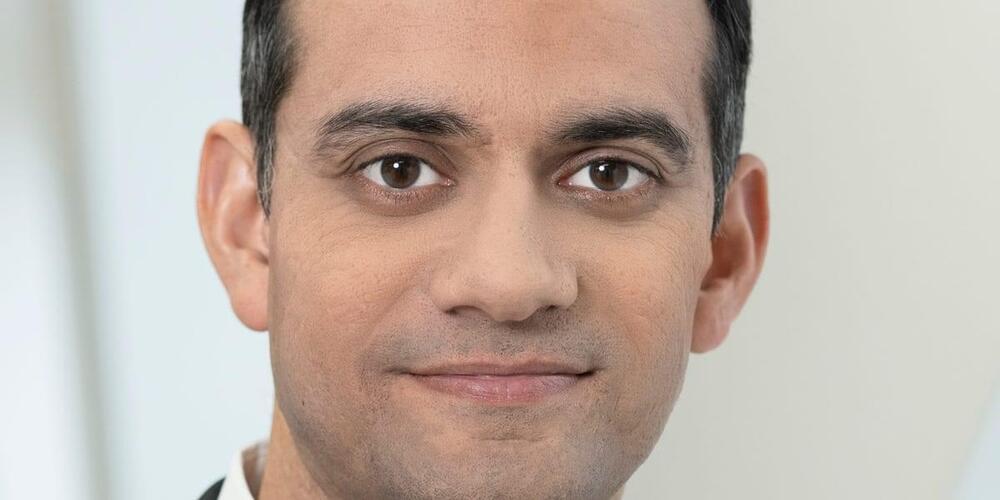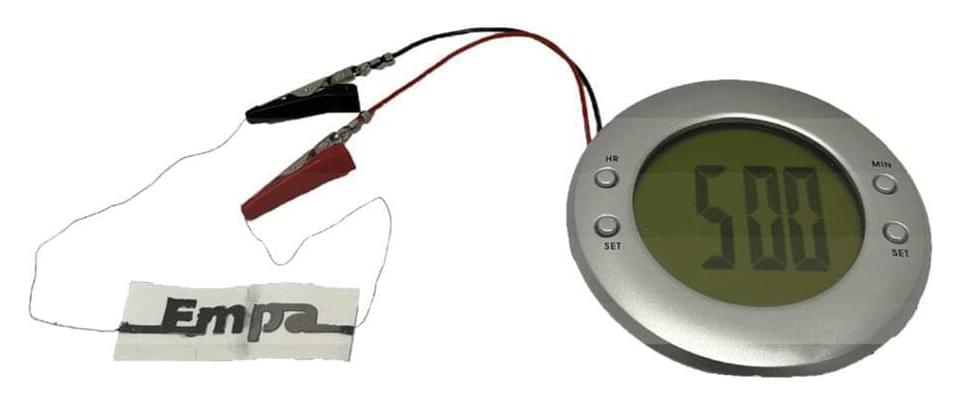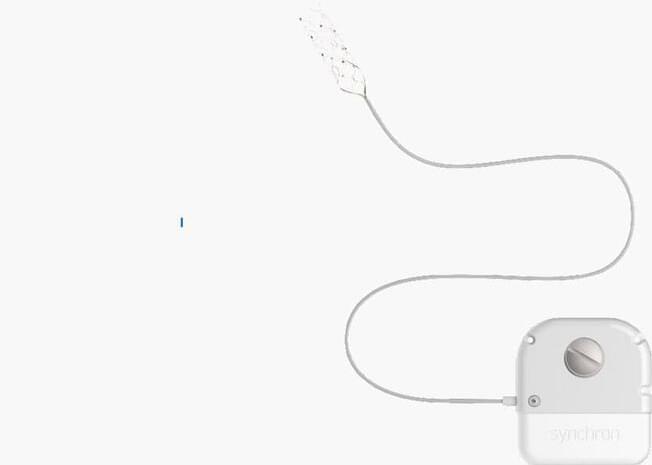Aug 2, 2022
A roadmap for the future of quantum simulation
Posted by Dan Breeden in categories: computing, quantum physics
A roadmap for the future direction of quantum simulation has been set out in a paper co-authored at the University of Strathclyde.
Quantum computers are hugely powerful devices with a capacity for speed and calculation which is well beyond the reach of classical, or binary, computing. Instead of a binary system of zeroes and ones, it operates through superpositions, which may be zeroes, ones or both at the same time.
The continuously-evolving development of quantum computing has reached the point of having an advantage over classical computers for an artificial problem. It could have future applications in a wide range of areas. One promising class of problems involves the simulation of quantum systems, with potential applications such as developing materials for batteries, industrial catalysis and nitrogen fixing.

